The great outdoors is experiencing a historic crisis, one that’s resulted in the new buzzwords “sustainable recreation.” On one hand, there’s the push by the outdoor industry to get more people outside, especially nontraditional users. However, COVID-19 has done this job better than any marketing campaign could ever dream. Many state parks have experienced a 40 to 300 percent uptick in visitation. Adding to the pressure on public lands are wildfires and an uncertain political climate that’s undermined protection for millions of acres. The result? Many recreation sites and wilderness areas are suffering due to misuse, lack of staff and funding, or just plain natural disaster.
But there are ways you can help to support places you love. Kenji Haroutunian, Access Fund board member, says that “volunteering time and resources to organizations not only feels great but creates a lasting relationship with the land.” There’s no doubt that the year 2020 has been a wild ride, for us, communities, and mother nature, but here are some ways to give back.
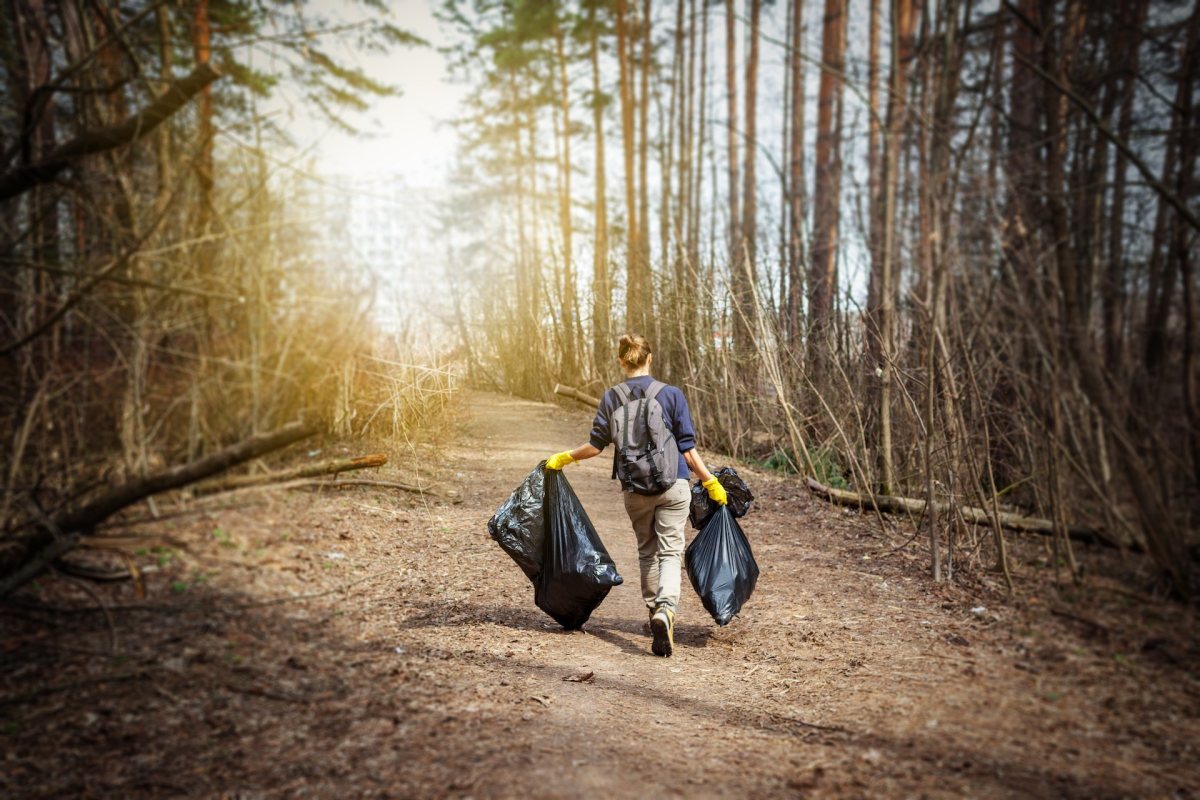
Volunteer
Our public lands need you. Find a local group doing work that you care about, whether it’s acting as a park host or interpreter, building trails, counting wildlife or conducting tours. You’ll make friends, have fun, and gain some sweat equity in our public lands. Check out volunteer opportunities with the forest service or contact your local national and state forests. “Consider your skill base, and whether you are interested in restoration, protection, conservation or something else, like saving white rhinos or tigers,” says outdoor industry and conservation consultant, Chris Van Dyke. “It really depends on what pushes your buttons. You can volunteer digitally, with letters and helping with campaigns, or physically through working with communities and parks. The important part is to get involved.”
Visit
Don’t give up on burned areas. Once a fire is out and restrictions are lifted, these landscapes are fascinating spots to explore and local communities could use your support. Sure, the landscapes will look different, but Douglas fir, Western hemlock, and Western Red cedar regenerate relatively quickly. In the meantime, you’ll be hiking (or snowshoeing) through some amazing new meadows, with spring wildflowers and plenty of new plant growth. Many mushrooms thrive after burns, as do animals who seek out new undergrowth for grazing.
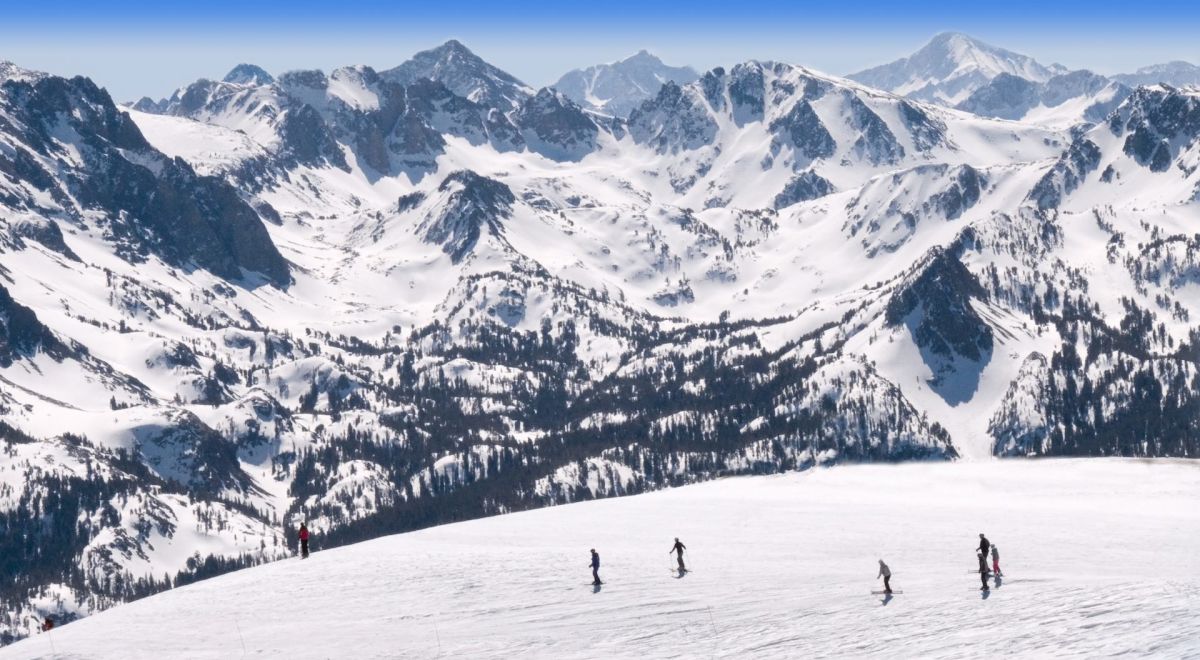
Do your COVID Homework. If you travel, pick a place that is COVID smart. For example, Mammoth Mountain (CA) has spent more than $1M on COVID-19-related improvements, especially guest safety. Throughout the town, lodging properties are prioritizing COVID-19 protocols to ensure a positive guest experience, with occupancy limits for hotels and condos, and a vacancy period for short-term rentals.
Beat crowds by avoiding Google searches for your next hike or camping trip. Those “best of” destinations are most likely straining with overuse. Instead, get creative and find your own off-the-beaten path itinerary. Buy a map or check out a guidebook. Think outside the box. For example, consider Mojave National Preserve rather than Joshua Tree National Park for your next weekend trip. In general, national preserves have less traffic than national parks and are equally as spectacular.
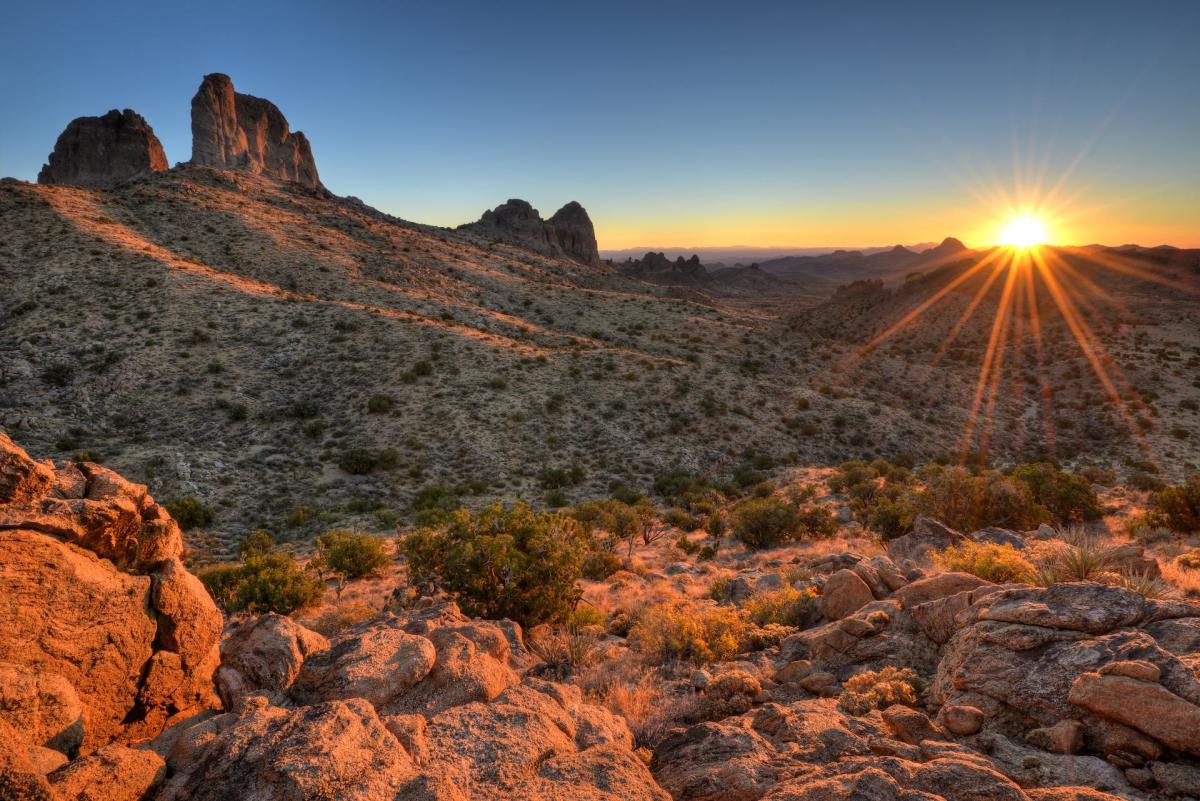
One way to lessen potential impact on public lands is to not get hurt. This winter, the backcountry will be more crowded due to resort protocols and some limitations. Says Todd Walton, executive director of Winter Wildlands Alliance, “make sure you play it easy. A broken leg impacts a small medical facility and SAR teams. Out-of-town skiers should consider guides, especially if they’re unfamiliar with terrain and avalanche safety. Know before you go and understand risks, avalanche conditions, and local resort rules. In short, be thoughtful and be kind.” (see more: skikind)
Donate
Protect wildlife. One of the most devastating effects of the pandemic is the resurgence of poaching. Support wildlife conservation by donating to the World Wildlife Fund, Wildlife Conservation Society, or the Adventure Travel Conservation Fund, all groups that focus on places and wildlife that are in precarious positions and need help. Or, start with your local wildlife rescue organization (like nywildliferescue) as they need support, especially after natural disasters.
Support sustainable tourism locally. “Visit Bend” (OR) created Pledge for the Wild as a way for tourists to give back to conservation organizations in the places they’re visiting. There are 13 outdoor recreation-based communities involved, from Juneau, AK, to Asheville, NC, to Flagstaff, AZ. Donations stay in each designated community and go to trusted organizations like Deschutes Land Trust (Bend), Trails 2000 (Durango, CO), and Blaine County Recreation District (Sun Valley, ID).
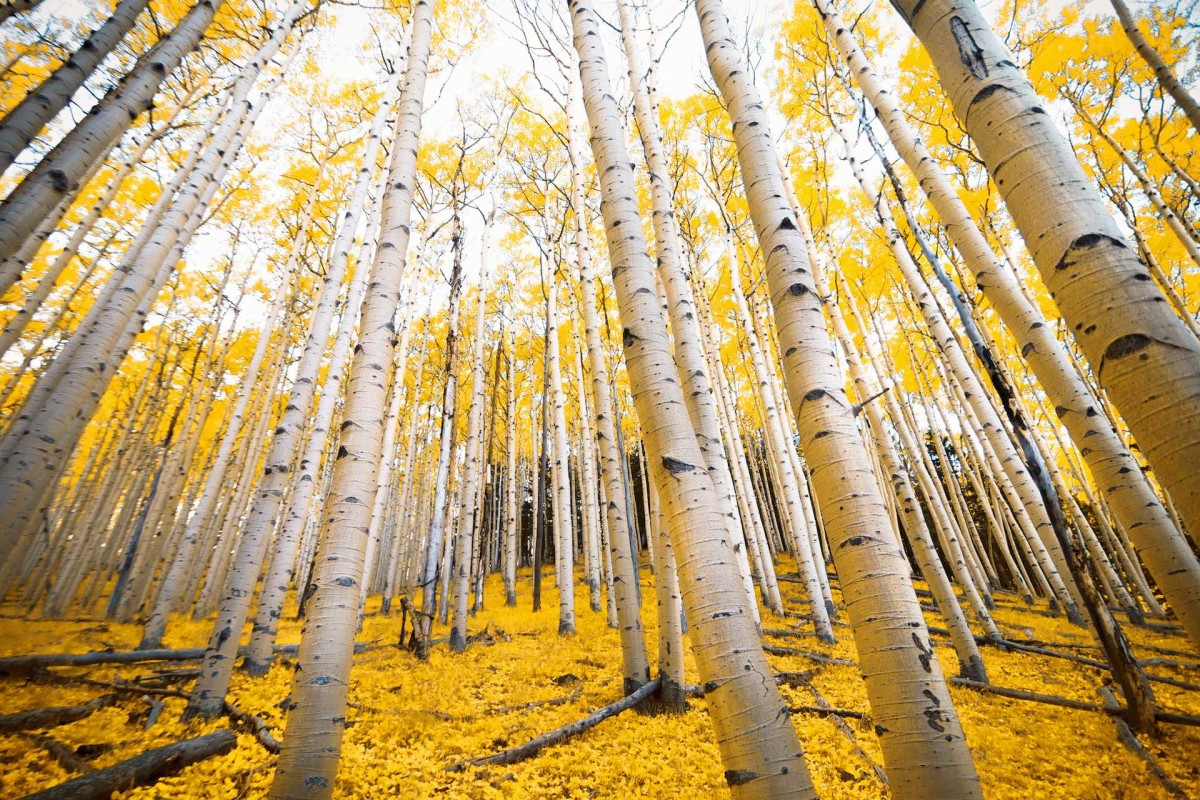
Consume Wisely
Support brands that support environmental issues. Patagonia has developed an extensive website, Action Works, that connects people to events, volunteer opportunities, and causes across the U.S. You can search for a specific town, park, or region and even dial in your specific focus, whether it is land, water, biodiversity, climate, or communities.
The Recreate Responsibly Coalition is dedicated to working with nonprofits, government agencies, small businesses, and clubs on how to educate end-users and work with land managers. Mason Smith, co-founder of the California branch, says, “We welcome the record number of people seeking opportunities for outdoor recreation, from first-time campers to seasoned adventurers. Our goal is to offer easy-to-follow, consistent guidance about building an inclusive outdoors, planning ahead, and playing it safe. By sharing best practices, people can get outside safely and help keep our parks, trails, and public lands open.”
Support your local travel and guiding companies as well as the small communities that have been hit hard by wildfires and COVID. Consider a self-guided trip so you can stay in your own “bubble” and know in advance that your activities and hotels are pre-screened for their attention to safety. Pure-Adventures is a 26-year-old company that plans self-guided bike and hiking trips while ensuring that their vendors take the highest of COVID precautions.
Buy gift cards to support local economies once fire and COVID closures have been lifted. This way, you support local business up front, and then redeem the amount later when travel is safer or restrictions lifted. When you travel (a vacation or stay-cation), buy local, whether it is a farmer’s market, artist’s guild, or hometown brewpub or restaurant.
Join
There is strength in numbers. Consider joining a group that shares your outdoor passion. The Sierra Club, Appalachian Mountain Club, International Mountain Biking Association, American Whitewater, Access Fund, The Nature Conservancy, local land trusts, or Leave No Trace are all great options.
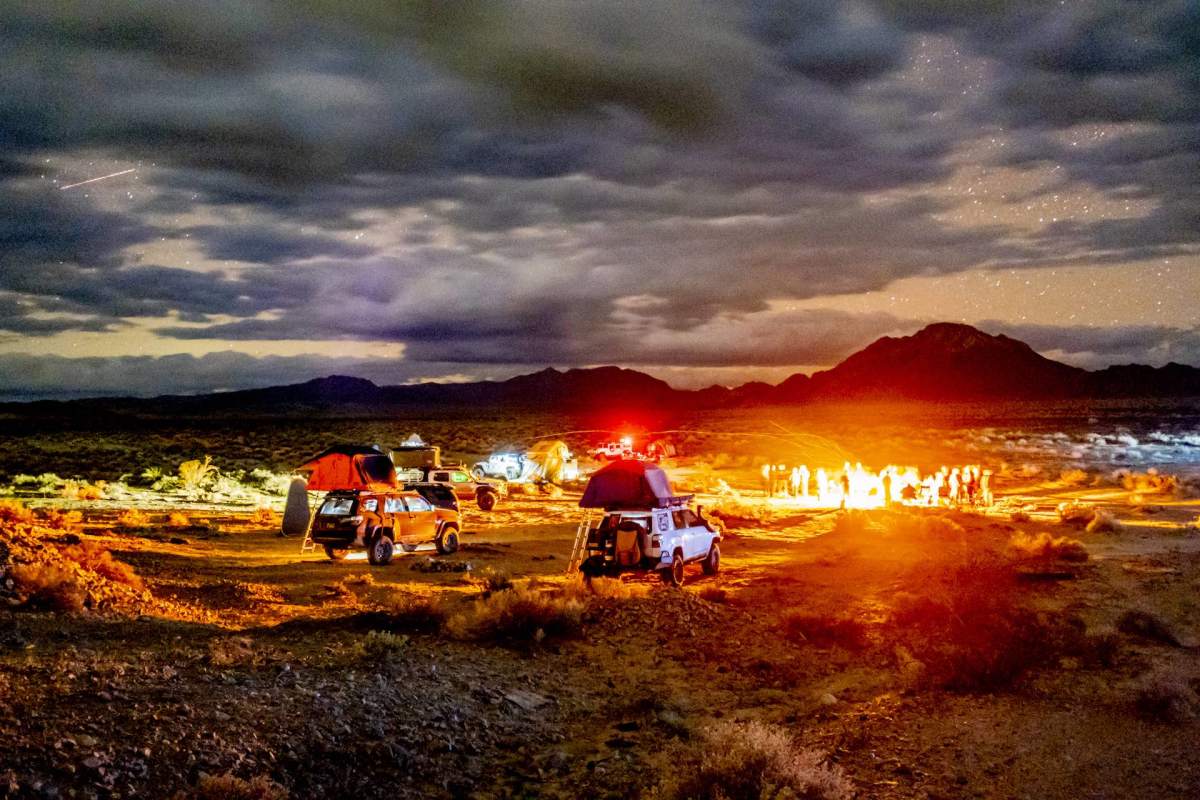
Overland Bound is a 30,000-member strong group dedicated to educating people about how to drive and camp in backcountry areas. In addition to a large Mojave National Preserve project, the group partners with the forest service and other land agencies for cleanup efforts, and for post-wildfire work through its volunteer arm, Trail Guardians.
Reach out
If you are a traveler and have either hired an operator, or stayed at a lodge whose well-being you’re wondering about—reach out! Nothing could be more inspiring during a desperate time than contact from a loyal customer asking for a way to contribute. “Maybe it’s a small donation to help staff keep food on the table, maybe it’s booking a trip for next year,” says Shannon Stowell, President of the Adventure Travel and Tourism Association. “One thing for sure, nearly every company in travel needs a lot of help, support and encouragement right now.”
Resources
Park Finder
National Forest Foundation
National Park Service Volunteer Programs Office
from Men's Journal https://ift.tt/2ULBCF3
via IFTTT




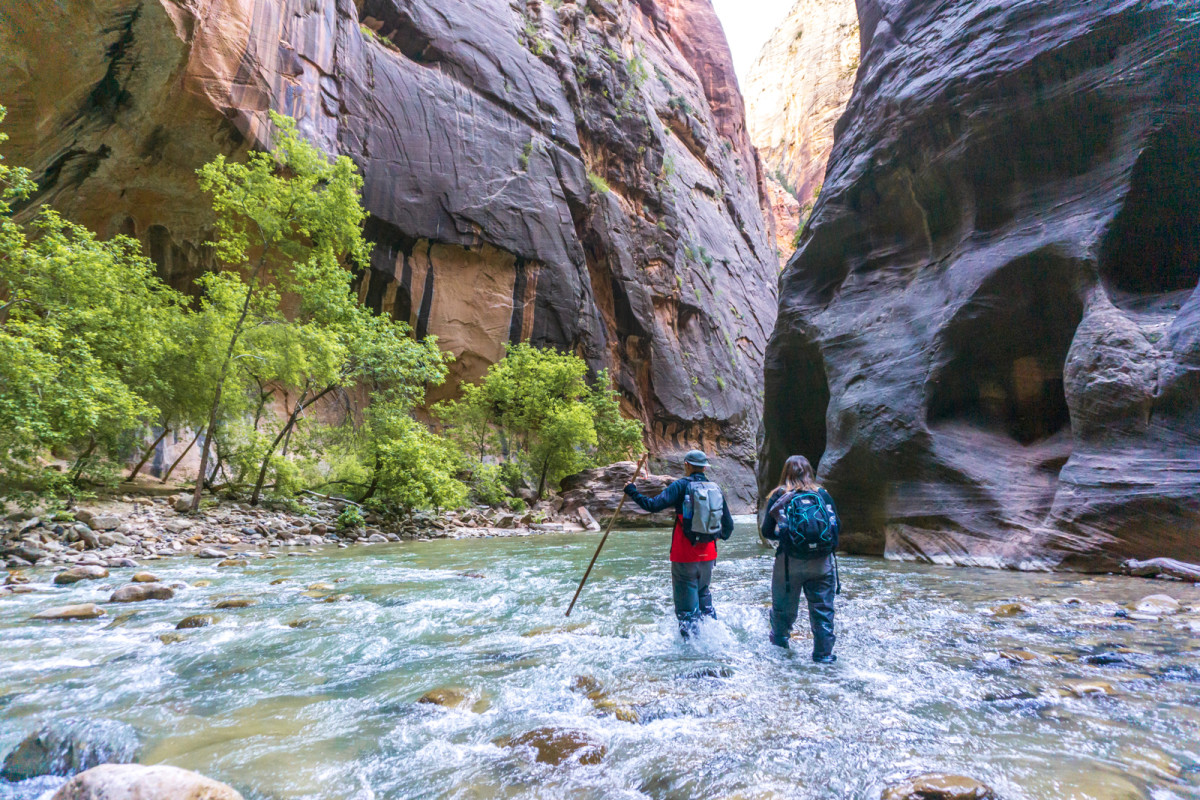







0 comments:
Post a Comment